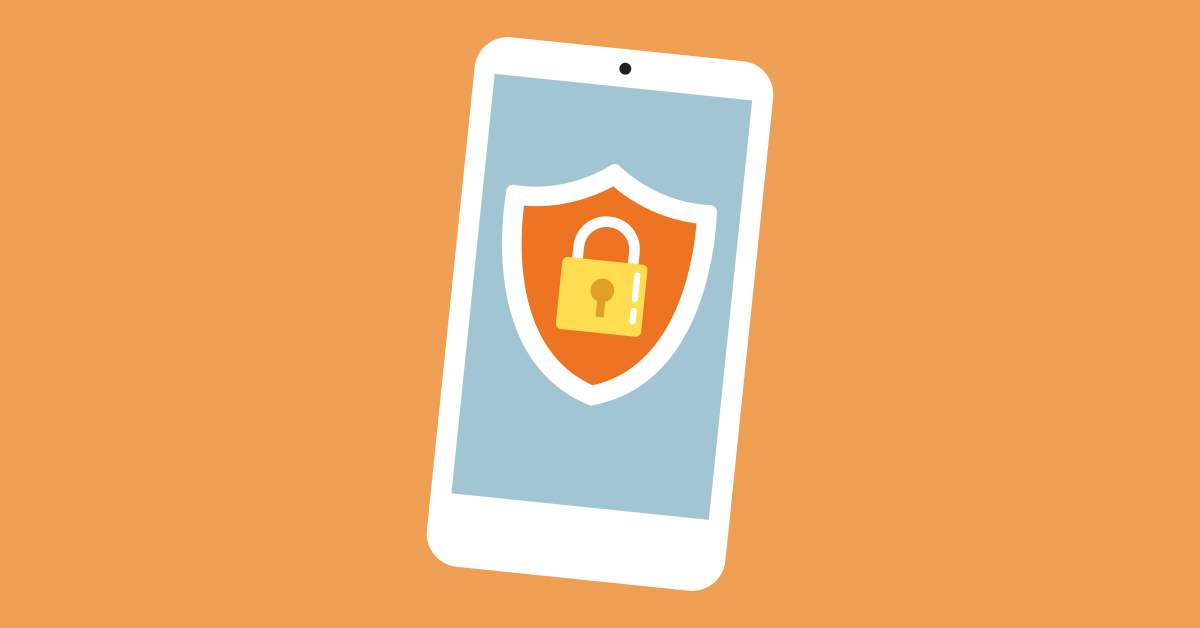Texting, snapping, instant messaging, emailing—in a digital-driven world, phone calls are few and far between. That means when your phone does ring, it catches your attention, but sadly, those calls may be from fraudsters and robocallers.
The Scam
Fraudsters use caller ID spoofing, meaning they hide the real phone number so it looks like the phone call is coming from somewhere else (like your own area code), in hopes that you’ll answer a call from a familiar number.
In the latest string of spoofed numbers, fraudsters are posing as the FBI, IRS, local police departments and even Apple Support to try to get personal details and money from unsuspecting victims. The claims vary from a great job opportunity to a family member in jail and in need of bond money to a breach in Apple data that needs you to provide your personal details to verify your data hasn’t been compromised.
What to do
- Let it go, let it go, let it go… to voicemail. Don’t answer calls from unfamiliar phone numbers (and sometimes even numbers that look vaguely familiar, since there is a good chance it’s a spoofed number). If you’re expecting a call from someone, be sure to add their contact information to your phone. Remember: if it’s important, the caller will leave a voicemail (or follow up with a text message or email).
- Forget “Midwestern Nice.” It may not be Midwestern Nice (like when someone accidentally bumps into you and an “ope, sorry” slips out before you realize what you’re saying), but if you receive a call that’s recorded, don’t follow any prompts—just hang up.
- Keep your details to yourself. While simply saying “no” (or “yes”) may seem harmless (just like following the prompts or clicking on a link in an official looking email), the scammer could use your responses in ways you didn’t intend. If you think the phone call is the real deal, ask for a case or work ticket number, the caller’s first and last name, and tell them you will call back later. Be sure to call the company’s customer service number, not the number that called you, just to be sure.
- Get your name on the list.
- No shame here: tell on them. If you receive unsolicited calls, you can file a complaint with the National Do Not Call Registry, alert the Better Business Bureau, or tell your local police department.
As a reminder, Verve will never call or email you to verify your Social Security number, account number, etc. If you think you have been a victim of a scam, call us at 800.448.9228 and a team member can help address your concerns.
It’s Verve’s goal—in line with our guiding seven Cooperative Principles—to provide education, training and information to help our members stay financially fit. Verve is committed to keeping our members educated when it comes to their finances by providing details on financial risks and ways to stay safe. Help your friends and family protect themselves against phone spoofing scams by sharing this blog post.






 Federally Insured by NCUA |
Federally Insured by NCUA |  Equal Housing Opportunity |
Equal Housing Opportunity |